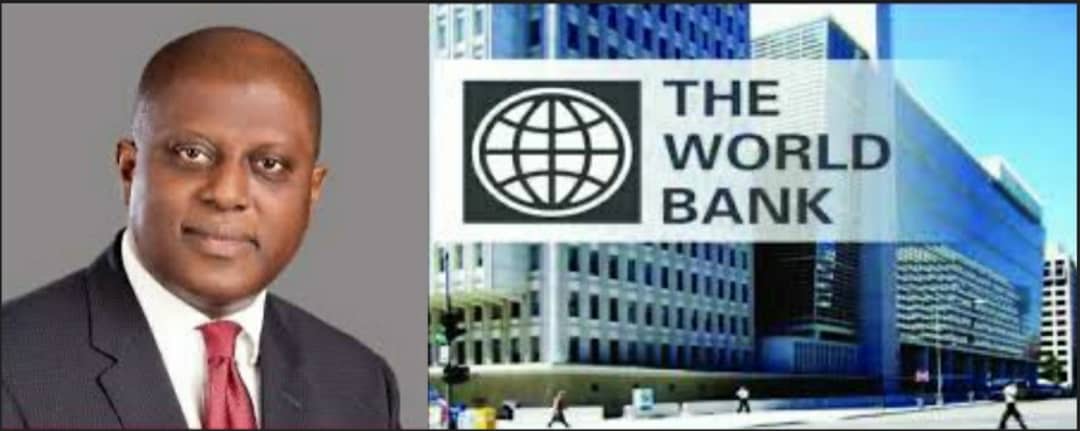The World Bank has praised the reforms implemented by Yemi Cardoso, the Governor of the Central Bank of Nigeria (CBN), highlighting that his monetary policies are effectively steering the country towards a positive economic trajectory.
Indermit Gill, Senior Vice President of the World Bank Group, made these remarks during the 30th Nigerian Economic Summit, hosted by the Nigerian Economic Summit Group in Abuja on Monday.
Gill commended Cardoso for his proactive approach to managing inflation, particularly noting the substantial 850 basis point increase in interest rates over the past nine months. He stressed that such extensive reforms necessitate robust political commitment from Nigeria’s leadership.
“Implementing such a far-reaching reform is impossible without a solid political commitment from the top. The price of PMS has quadrupled since the subsidy cut, imposing terrible hardship across the breadth of Nigeria’s society,” Gill stated.
He further explained that the CBN’s recent policy adjustments, including the significant interest rate hikes, are aimed at boosting confidence in the Naira and stabilizing inflationary expectations.
“The Central Bank financing of fiscal deficits has finally ended, and Governor Cardoso has been instrumental in helping to put Nigeria on the right course,” Gill concluded, underscoring the importance of continued support for these reforms.
Speaking further, the World Bank noted that Nigeria has to stay the course for there to be a meaningful return and reward on the lives of the citizens.
Gill said it will take the country at least 15 years before the policies begin to bear fruits and make Nigeria a global engine in the Sub-Saharan African region.
He added that this is how countries such as India, Poland, Norway and others achieve economic development and transformation.
“But this is only the beginning, Nigeria will need to stay the course for at least 10 to 17 years to transform its economy. If it does that, it will transform its economy.
“And it will become an engine of growth in Sub-Saharan Africa. And he will help to transform Sub-Saharan Africa. It’s very difficult to do these things, but the rewards are massive.
“This is the lesson from the last forty years as well as the experience of countries such as India, Poland, Korea and Norway,” Gill said.


